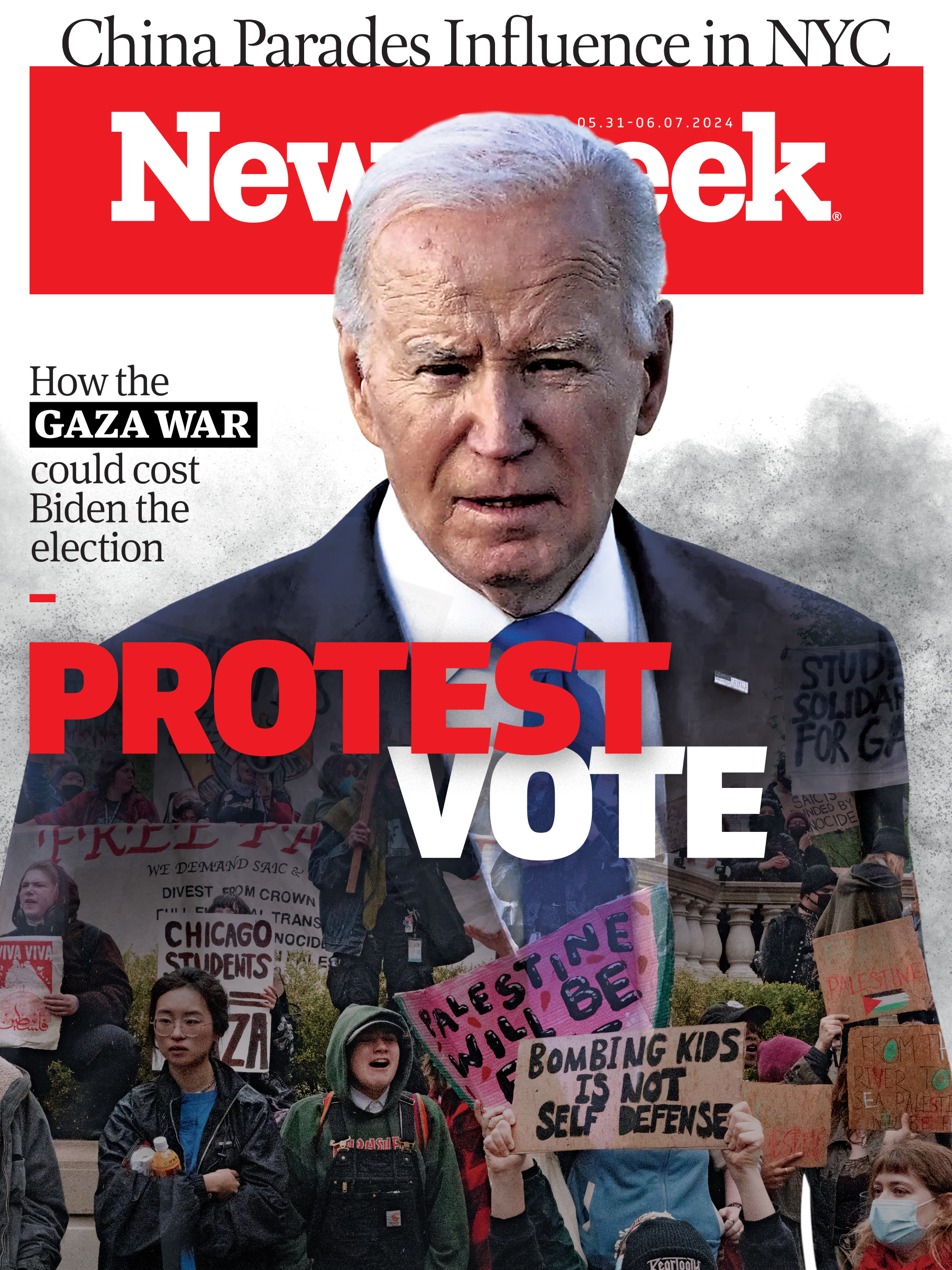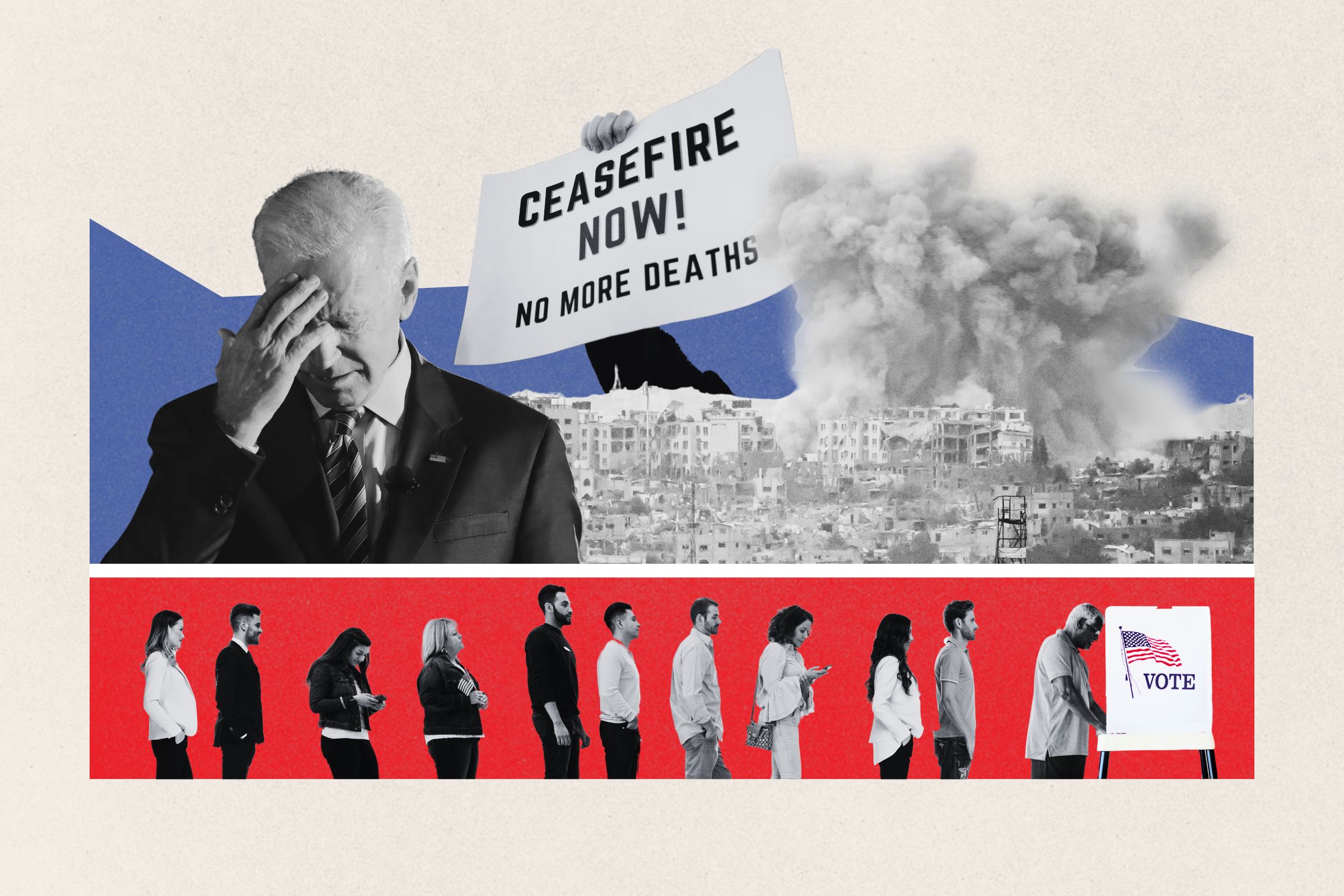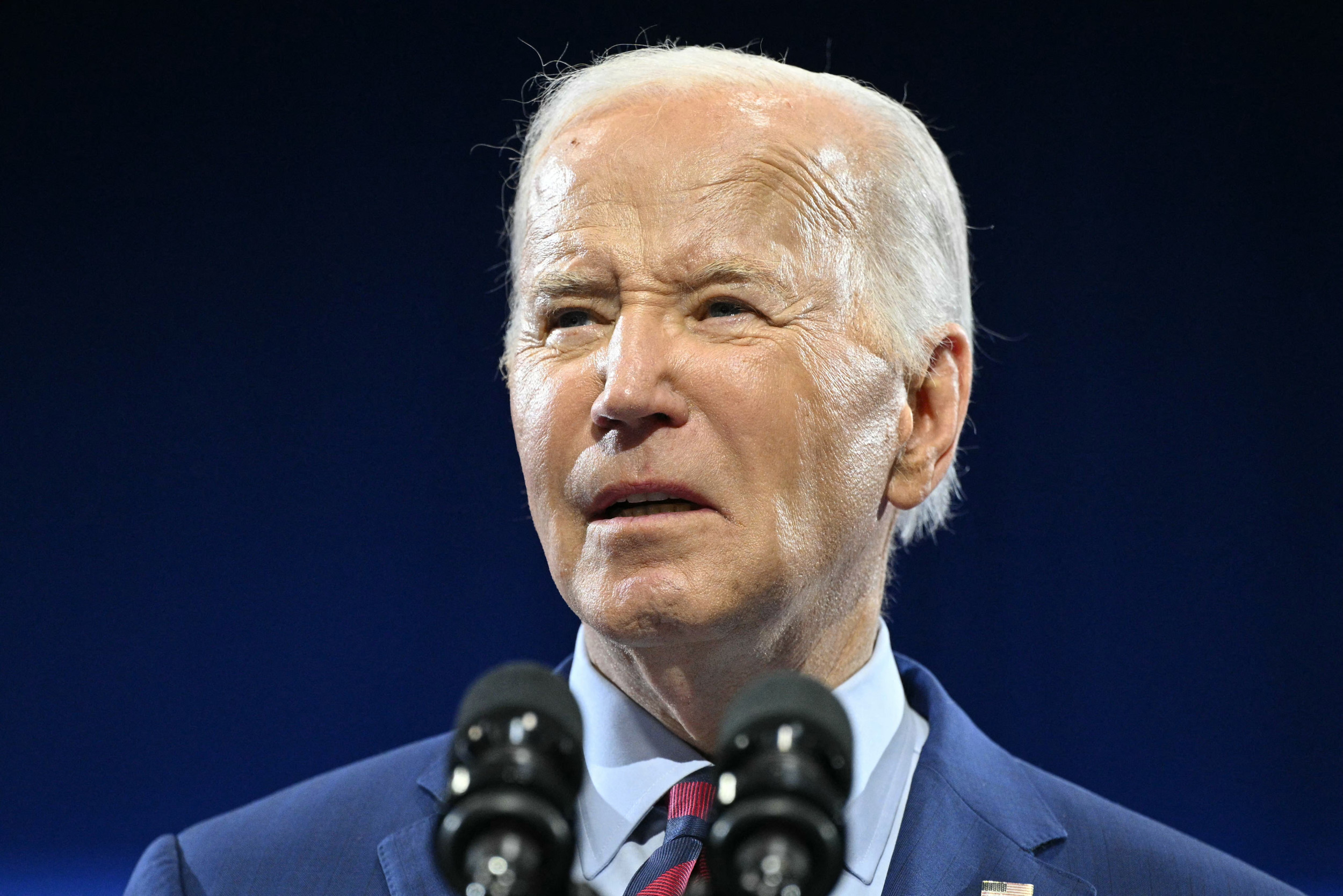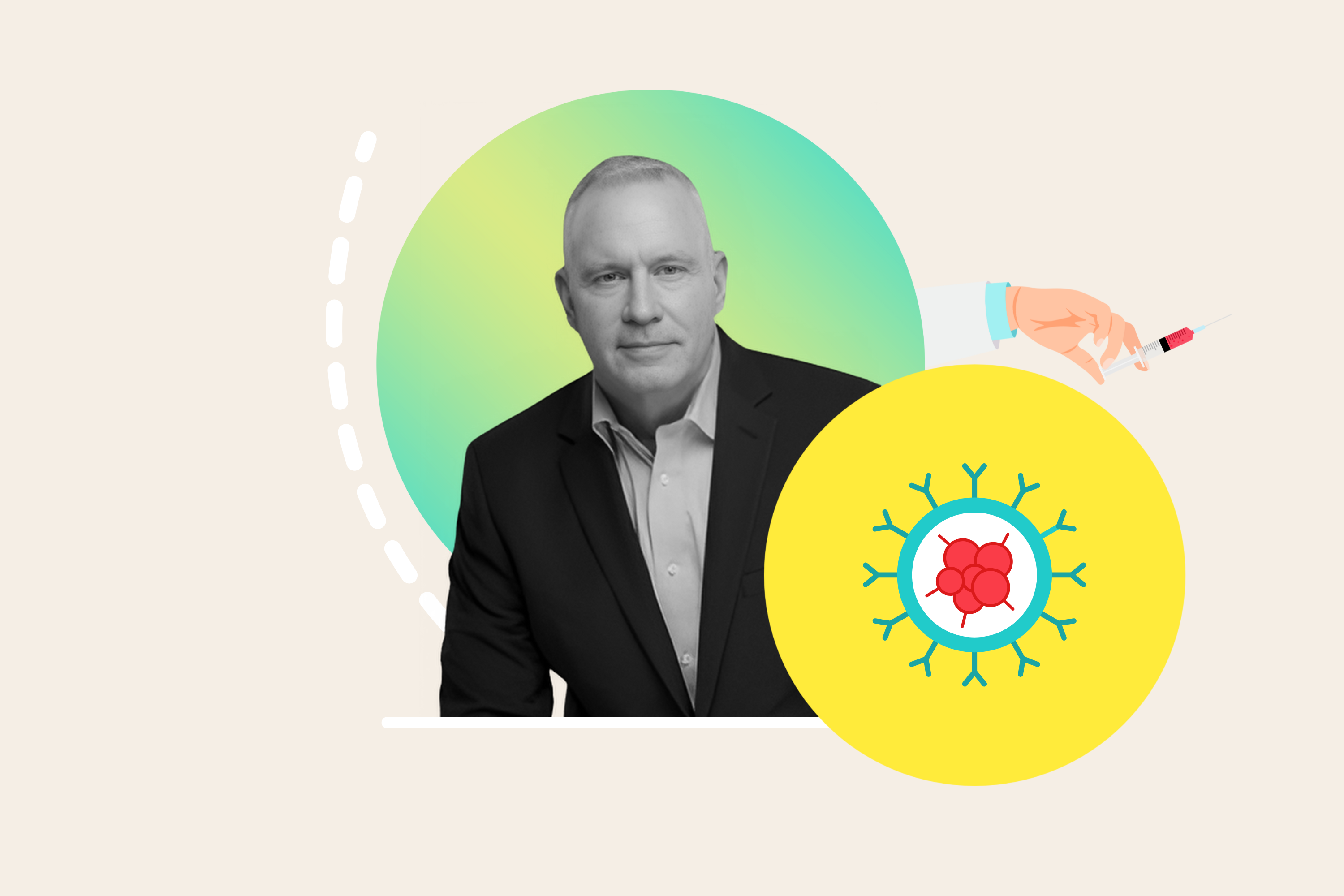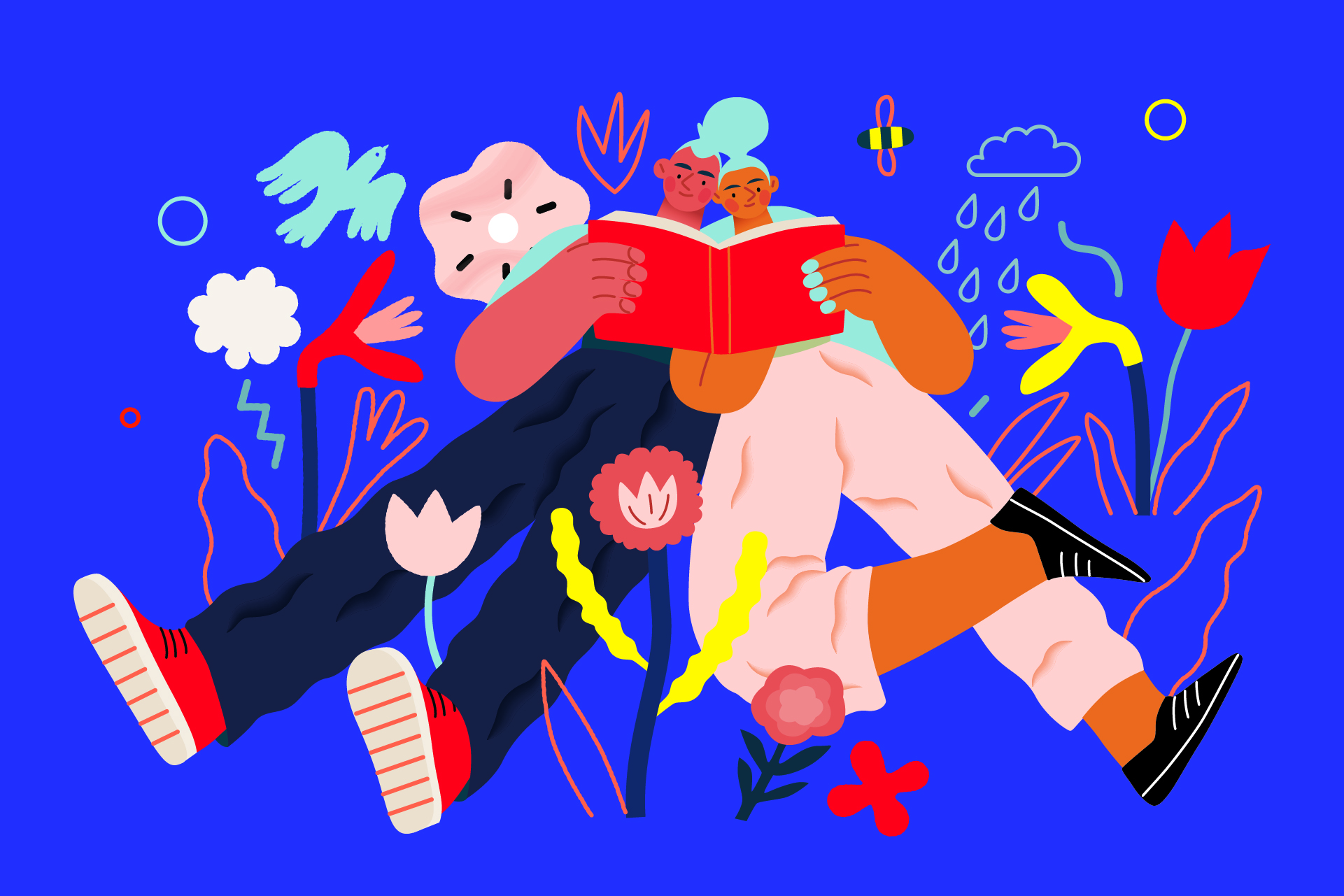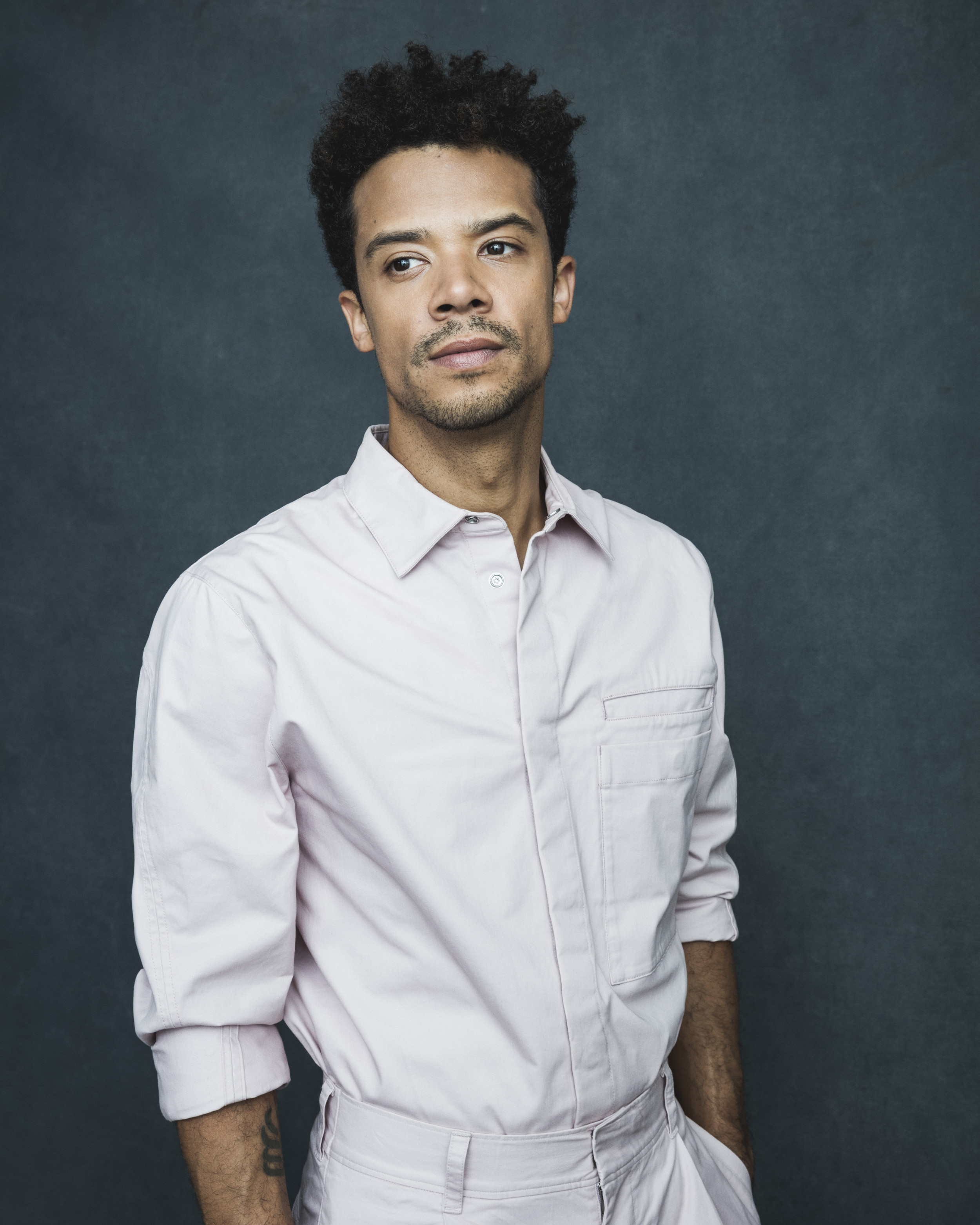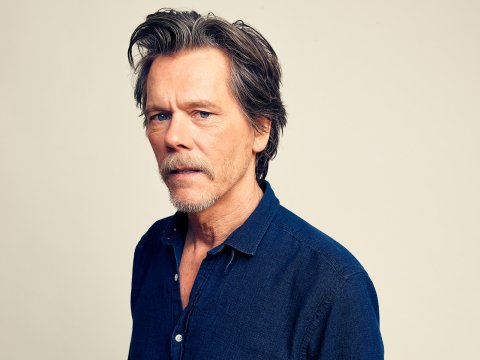
"At this point in my life, for a guy who's new to me—because I've played a lot of different kinds of men—that becomes kind of hard to find."
Six degrees of Kevin Bacon just got even easier because he's got two big projects coming out this summer: the third season of Showtime's City on a Hill (July 31) and the film They/Them (Peacock, August 5). "I feel a very strong need to humanize the character, regardless of what it is that they're doing." His character Jackie in City on a Hill is "incredibly corrupt and has a very dark side to him," which Bacon says he got instantly. "I read it, and I saw him. It all just kind of came to me. It doesn't always happen that way." Meanwhile, Bacon's character in the horror film They/Them is equally dark: the director of a gay conversion therapy camp. He says director/writer John Logan chose the genre "because it is a horror." Bacon recalls Logan telling him "he wanted a kid who is feeling either closeted or bullied to look at the film and be like, 'F*ck yeah, that's me. Let's kick some a**.'" Even though "message" films have "never been" Bacon's thing, "in this case, if there's a moment like that for a kid out there, then I would be very proud of that."
SUBSCRIBE TO THE PARTING SHOT WITH H. ALAN SCOTT
ON APPLE PODCASTS OR SPOTIFY
What first interested you about City on a Hill?
I read this pilot three years ago. I was just knocked out by the character. At this point in my life, for a guy who's new to me, because I've played a lot of different kinds of men, that becomes kind of hard to find. First off, he's incredibly corrupt and has a very dark side to him. He's very verbose and also extremely well read. Very street smart at the same time, definitely doesn't come from any kind of an intellectual or privileged sort of background. He's basically a street kid who just was really attracted to books more than anything else.
New York City has always felt like the city for a crime show, but in recent years Boston has become a prime source for storytelling. Why do you think that is?
There's similarities to Philadelphia, where I grew up, in that you're in this giant East Coast city, but you really feel in a small town, and Boston is all about connections. It's all about knowing somebody that knows somebody that knows somebody else. I know a guy and my friend's cousin can help you out. There's a lot of quid pro quo, that's just part of the culture. If you do this for me, then I can take care of you down the line. And sometimes that can be great. It can be really helpful. And sometimes it can lead to some sort of nefarious dealings. There's also an undeniable history of racism in Boston, which is really addressed pretty front and center on City on a Hill. Boston, at that time [in the 1990s], was really kind of on a roll, and while this is a fictionalized story, it's the world that we're living in.
What can we expect from the third season? Especially considering where your character, Jackie, is right now?
Yeah, he gets kicked out of the FBI—in his mind, he quit the FBI. In the third season, he's out of his job, he's picking up a little work every once in a while and tending bar, a lot of time on the couch. His wife is like, "Dude, you got to do something, you gotta get out of here." And it's a great moment because she was never that much of a fan of his work in the FBI anyway, but now having him at home, she really wishes he would leave. On the show we go to different neighborhoods, that was always the kind of template. The first season was Charlestown and that whole kind of working-class world. Then we went to Roxbury and the housing projects there in the second season. This year is Beacon Hill, which for people that don't know, is a very, very wealthy, beautiful, old-money part of Boston, pretty much right in the center of Boston. He gets a job working security for this very wealthy family, the patriarch of this family is a guy who used to be the chief of the Boston FBI bureau. But he's now retired and he wants some private security for his family. His daughter's a little out of control and he's got a new young wife that Jackie makes friends with pretty quickly. So we're in a completely different world and my character is confronted with a lot of terrible stuff that's going on in this house.
You mentioned Jackie is different than any other character you've played. How do you find the version of Jackie you play?
I think that sometimes I really have to go and seek that character out. I mean, there's always a lot of homework to do, but sometimes they just kind of come to me. In the case of Jackie, I read it and I saw him, I heard him, I knew what he was going to look like, I knew how he was going to move. It all just kind of came to me. It doesn't always happen that way.
He seems like a fun guy, just don't ask too many questions.
No, no, you don't. Actually, in this season, it's interesting because there is some stuff that comes out that's different than you might have thought and different than we've talked about in previous seasons.
You're so well known as an actor, do you ever worry about your persona as Kevin Bacon overshadowing a role?
I'm not sure, it's not conscious. The one thing that I will always try to do, as long as I'm playing a human being—I played a mutant in X-Men—I feel a very strong need to humanize whoever that character is, regardless of what it is that they're doing. And I've done some terrible, terrible things, to people [in my performances], to animals, to children, to women, there's shit that's come out of my mouth that is inexcusable or actions that many people would describe as monstrous. But my feeling is that I'm not playing a monster, I'm playing a human being.
How do you get to that point where you can find something relatable with someone so evil, you know?
I'm not sure. I mean, I have to say that, if I'm playing a really nice guy, or if I'm playing a really bad guy, I don't think the process is all that different for me. I want to think about where they're from. I'll give you an example, in Sleepers, I took that guy and I made him from Philadelphia and the prison was in New York. I wanted him to have a certain resentment that he had toward these kids from New York, who thought they were so much better. Obviously, people that do that kind of shit probably have a long cycle of abuse in their own families, so I'm going to try to dig into that and create a backstory that will probably reflect that. So it starts with the interior backstory, and then you start to think about what external parts of it are going to be layered on and that is the way you move, the way you speak, the way your hair is, the kind of clothing that you wear, gestures and all that kind of stuff. And then learn the lines and say 'em and let's see what happens.
They/Them is such an interesting subject matter for a horror film. What inspired you to agree to do it?
I've known John [Logan, the director] for a long time and have admired his work. There was a project that we had that was like the one that got away that for a number of reasons, it was a brilliant series that he had created that I wanted to do so badly. When he reached out to me about this, I was so admiring of the idea. Something that is as terrible and as completely inhumane as this concept, that you could try to convert someone to be something that they're not. And that it still goes on in this country, young people here go through this kind of terror. John was like, "Let me think about a genre where this could more widely draw people in." I guess it probably wouldn't make a very good musical. [laughs] So horror it was because it is a horror. And in the movie, what they're doing at this camp is the true horror, but he also did this really cool thing, which was he constructed it very much like a teen slasher film of the '70s and early '80s. I was in one of the most seminal ones [Friday the 13th], and in that world, when you did things people found morally wrong, such as being gay, you were gonna get it. In Friday the 13th I wasn't gay, but I had unmarried sex and smoked a joint, and that was it for me. The messaging there is not good. It's terrible. And so John flipped that and I think it's kind of part of his brilliance, to frame the film in that kind of way. So when I read it, I was like, of course, I'm in.
We've seen you in a lot of different lights, but never really like this. And the draw of Kevin Bacon definitely helps. What's the message you hope people go home with?
Whether it's me or for any reason, one of the things that [John] said to me that really touched me was that he wanted a kid who is feeling either closeted or other than or bullied or whatever, to look at the film and be out there and see themselves and stand up and be like, "Yeah, f*ck yeah, that's me. Let's kick some a**. Let's find this power." I'm not somebody that does films with a message like that. That's never been my thing. You know? I haven't really thought about what is being put out there and the films that I've chosen. But in this case, if that could happen, if there's a moment like that for a kid out there, then I would be very proud of that.
I feel like you have done it before, especially with your guest stint on Will & Grace. Using your persona on a show that, at the time, was the only show with queer characters.
It's funny, I still have those airport moments where somebody goes, "Hey, I love your stuff, but Will & Grace, that was the one."
I've always thought "Six Degrees of Kevin Bacon" was funny, but I also always imagined people doing it to you and then mentioning films you weren't in. Does that happen?
Yeah. [Laughs] You know what happens a lot is that people come up to me and they say, "Hey, seven degrees?" And I'm like, no, it's actually six. But yeah, seven works too. Sure it happens. They're like, "You're starring in Yellowstone." No. That's a different Kevin. [Laughs]
Listen to H. Alan Scott's full conversation with Kevin Bacon on Newsweek's Parting Shot. Available on Apple Podcasts, Spotify or wherever you listen to podcasts. Twitter: @HAlanScott
About the writer
A writer/comedian based in Los Angeles. Host of the weekly podcast Parting Shot with H. Alan Scott, ... Read more

